I would like to thank my German colleagues (and former colleagues) in the School of Modern Languages at Newcastle University for their help with both this and the earlier editions of the book, in particular Ms Franziska Schulz, Dr Simone Schroth, Mr Sascha Stollhans, Ms Aletta Rochau, Dr Beate Mller, Professor Henrike Lhnemann, Ms Andrea Wilczynski, Dr Helen Ferstenberg, Mr Okke Baumbach, Ms Christina Mller-Stewart and Ms Anke Neibig. Thanks also go to colleagues in linguistics: Professor Richard Waltereit, Ms Nicole Bheim, Dr Tina Fry and Dr Jonathan West; and to German linguists further afield who have given useful feedback on specific points of grammar: Professor Martin Durrell, Professor Nils Langer, Professor Nicola McLelland, Dr Alan Scott, Professor Andreas Musolff and Dr Sheila Watts. I am grateful to my husband, Gerhard, for his Austrian perspective, and to my sons, Max and Philip, for suggesting text topics of interest to students. I am also very grateful to the German teaching team at Cambridge University for their detailed feedback on the second edition, which I found extremely helpful: Ms Silke Mentchen, Mrs Annemarie Knzl-Snodgrass, Mrs Britta Frster and Dr David Wachter. My thanks also go to Michael Kranert and Angelique Arts and especially Martin Durrell for their extremely detailed and valuable feedback for this third edition, and, finally, I would like to thank the authors and publishing agents of my chosen texts for giving me permission to use their work.
*
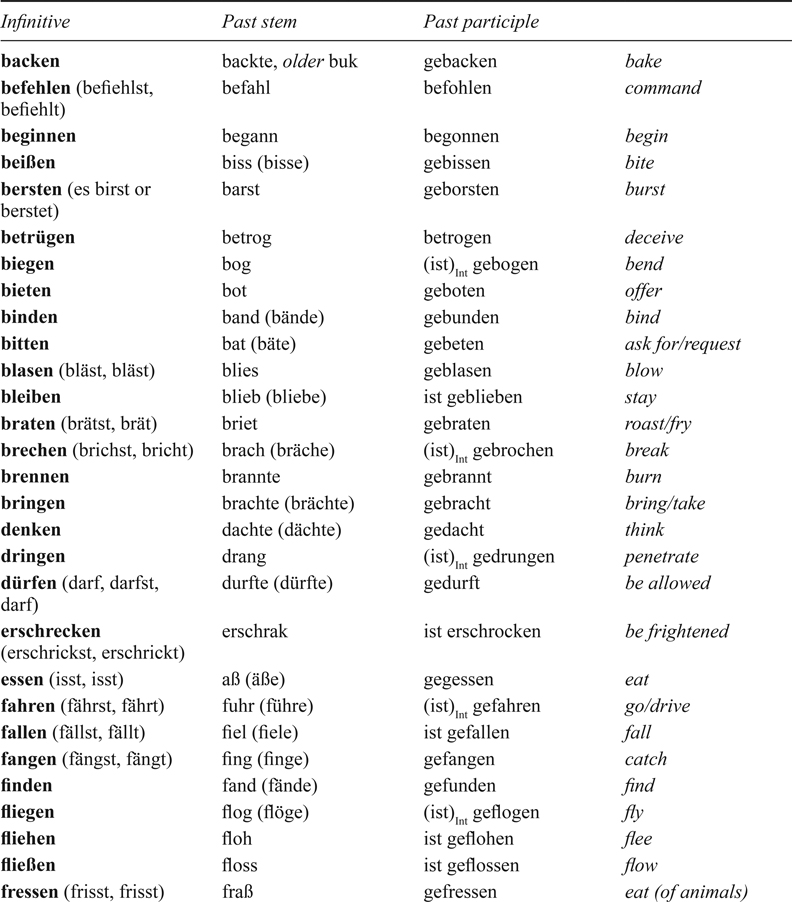
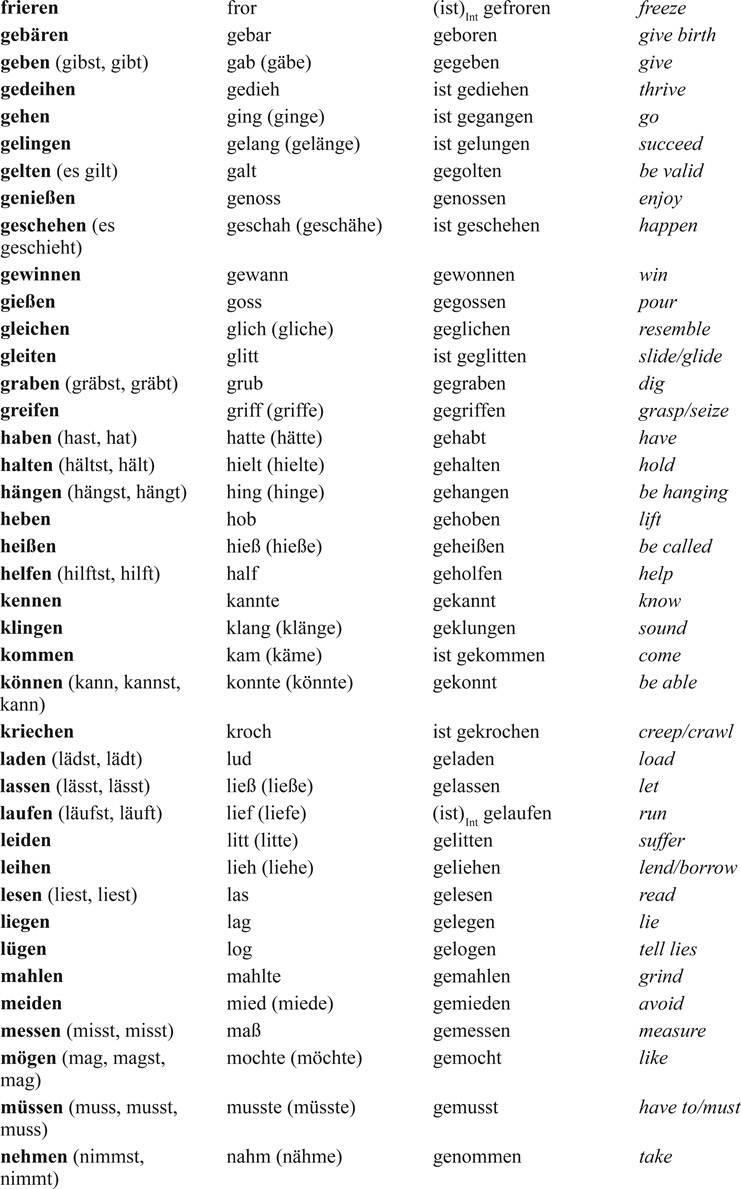
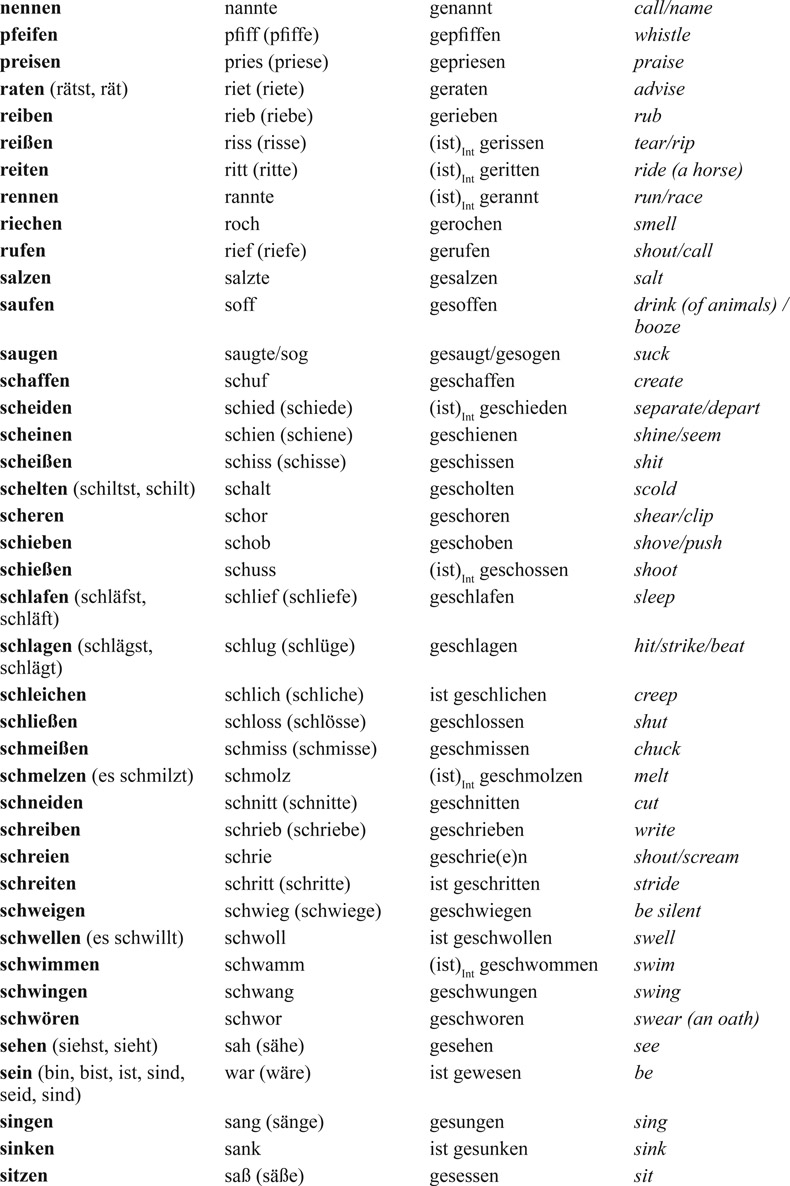
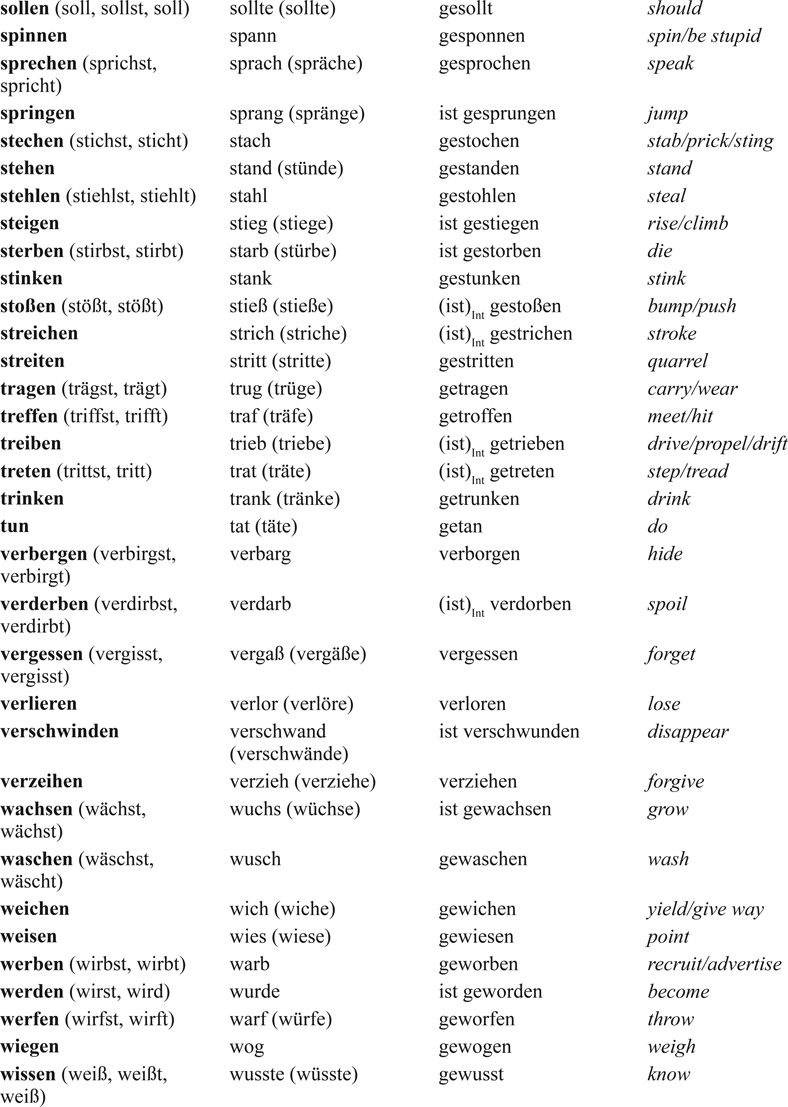
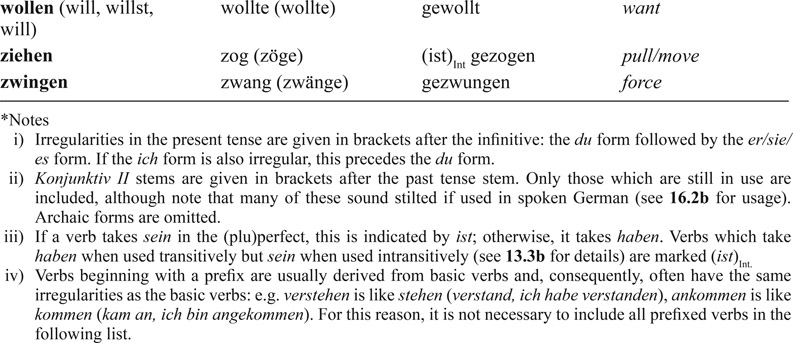
Some students may find it easier to learn article and adjective endings together within the context of a whole phrase rather than as isolated words or endings. The following tables provide a list of simple sentences that should be learned by heart. This will enable students to generalise the different case and number ending patterns to other words, provided that the gender of the noun is known.
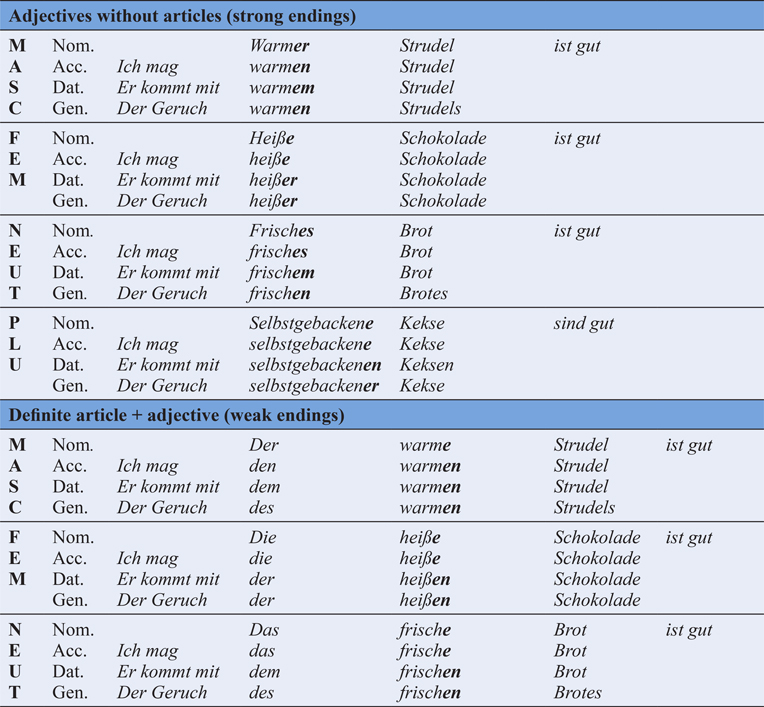
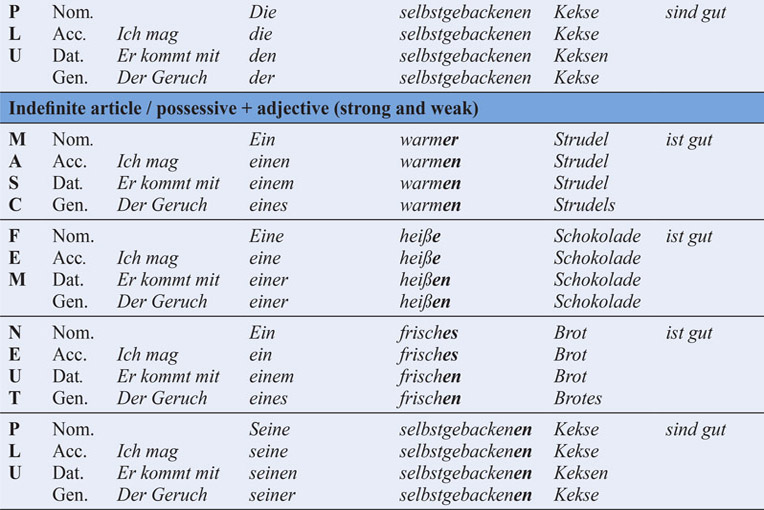
(See for key to analysis questions)

REVISION TEXT 1
Gemeinsamer Urlaub fhrt oft zum Scheidungsrichter
Dsseldorf Nach Angaben der nordrhein-westflischen Verbraucher-Zentrale wird etwa jede dritte Scheidung in Deutschland nach einem gemeinsam verbrachten Urlaub beantragt. Zwei Psychologen haben deshalb die hufigsten Grnde fr Krisen und Ratschlge zur Krisenvermeidung in einem Artikel des neu erschienenen Ratgebers Chance Psychotherapie verffentlicht. Der gemeinsame Urlaub bedeute fr viele Paare mehr Stress als Erholung. Der Urlaub ist dann ein Risikofaktor, wenn die Beziehung ohnehin schon gefhrdet ist, sagte Psychologe und Autor Ralf Dohren-busch. Viele Paare knnten nicht damit umgehen, dass sie im Urlaub pltzlich so viel Zeit miteinander verbringen mssten. Im Alltag gibt es verschiedene Strategien, wie man sich aus dem Weg gehen kann, zum Beispiel Treffen mit Freunden, so der Psychologe. Diese Mglichkeiten habe man im Urlaub naturgem nicht.
Viele Paare stellten insgesamt zu hohe Erwartungen an die gemeinsame Urlaubszeit. Wenn die dann nicht erfllt werden, wird die Enttuschung auf den Partner projiziert, so der Psychologe. Schwierige und unbefriedigende Situationen wie etwa ein schlechtes Hotel oder ungewohnte klimatische Bedingungen verstrkten das Stressgefhl zustzlich. Auch ein stabiles Beziehungssystem kann dadurch akut gefhrdet werden, und wenn im Urlaub pltzlich andere Regeln aufgestellt werden, sind meist beide berfordert [].
Aus: Der Spiegel (Online) , 27/8/00.
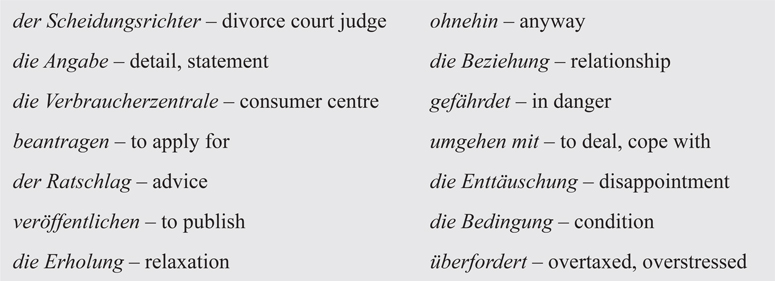

ANALYSIS
- Identify the werden-passives in the text. There are five in total. See .
- Find the two sein-passives in the text and translate them literally into English, showing how their meaning differs from that of their corresponding werden-passives . See .
- Explain the use of the Konjunktiv I in lines 6 and 12, as opposed to the ordinary indicative in lines 78. See .
- Identify the forms knnten and mssten in lines 9 and 10 respectively and explain their use. See .
- Identify the forms stellten and verstrkten in lines 13 and 16 respectively and explain their use. How do these forms compare to knnten and mssten mentioned in Question 4? See .
- Explain the lack of ending on gemeinsam (line 3, contrast gemeinsame in line 13), neu (5) and akut (17). See .
- What sort of adjective is hufigsten in line 4? What does it mean? See .
- Identify the pronoun sich in line 11, and translate it into English. Why is it directly preceded by man in this text? See .
- What sort of pronoun is die in line 14? Explain its use. See .
- Explain the use of damit and dadurch in lines 9 and 17 respectively. How would you translate each one into English? See .
- Why is durch used instead of von to refer to the agent of the passive clause in line (here dadurch , instead of davon )? See .
- In the title, why is the article absent before Gemeinsamer Urlaub but present in zum Scheidungsrichter ? See .

EXERCISES
All exercises are based on Revision Text 1. Complete each of these without looking at the text or at the other exercises in this section:
- 1 Put the capitalised nouns into the plural (see ):
Nach ANGABE; Zwei PSYCHOLOGE; die hufigsten GRUND fr KRISE und RATSCHLAG; viele PAAR; verschiedene STRATEGIE; Treffen mit FREUND; Diese MGLICHKEIT; hohe ERWARTUNG; Schwierige SITUATION; klimatische BEDINGUNG; andere REGEL.
- 2 Put the italicised articles, pronouns and nouns into the correct case. Use the contracted forms of articles where appropriate (see ):
Gemeinsamer Urlaub fhrt oft zu der Scheidungsrichter. Nach Angaben die nordrheinwestflischen Verbraucher-Zentrale wird etwa jede dritte Scheidung in Deutschland nach ein gemeinsam verbrachten Urlaub beantragt. Zwei Psychologen haben deshalb die hufigsten Grnde fr Krisen und Ratschlge zu die Krisenvermeidung in ein Artikel der neu erschienenen Ratgeber Chance Psychotherapie verffentlicht. Viele Paare knnten nicht damit umgehen, dass sie in der Urlaub pltzlich so viel Zeit miteinander verbringen mssten. In der Alltag gibt es verschiedene Strategien, wie man sich aus der Weg gehen kann, zum Beispiel Treffen mit Freunde , so der Psychologe. Viele Paare stellten insgesamt zu hohe Erwartungen an die gemeinsame Urlaubszeit. Wenn die dann nicht erfllt werden, wird die Enttuschung auf der Partner projiziert.

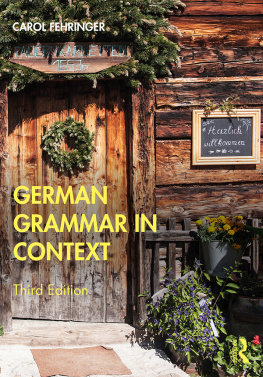
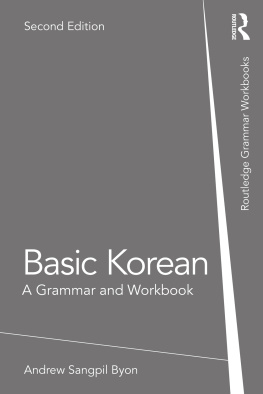
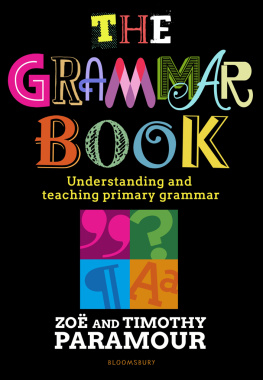
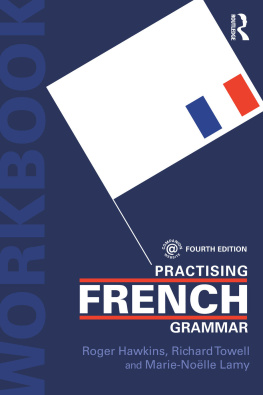
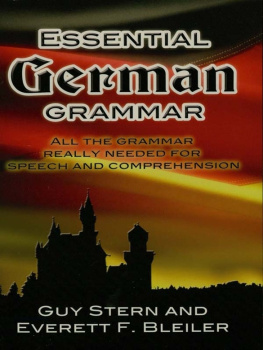

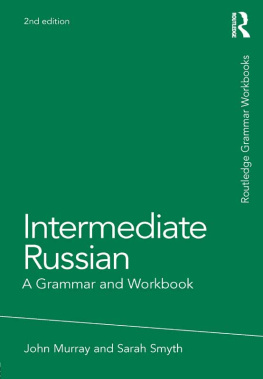


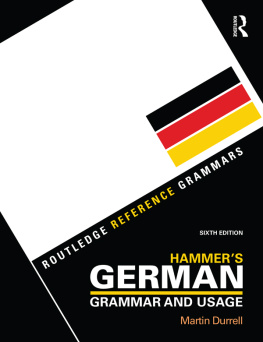
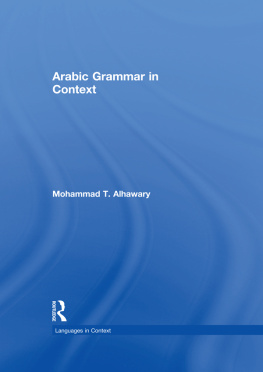
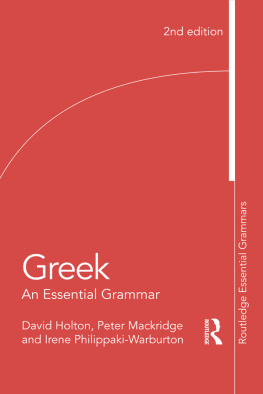
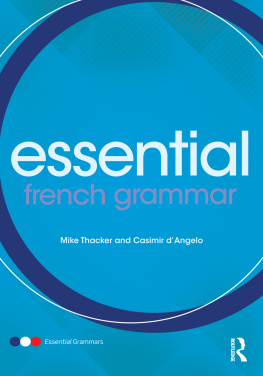







 REVISION TEXT 1
REVISION TEXT 1
 ANALYSIS
ANALYSIS EXERCISES
EXERCISES